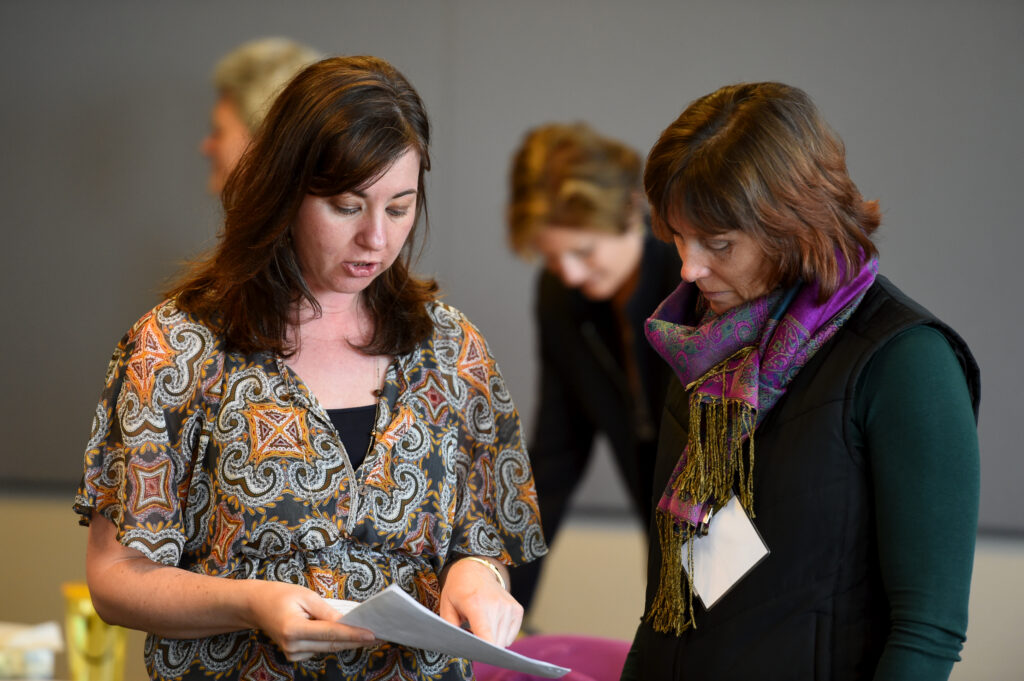
The New York Times tells the story of Lindsay Abt, who used a life coach to help her balance pregnancy with new responsibilities at work. Her company, the accounting firm Ernst & Young, provided the coach as part of a program to prepare employees for parental leave.
“In one-hour phone sessions each month, [the coach] helped Ms. Abt think through what was important to her—being home by bath time every evening? Working from home once a week? — and how to set limits during a long workweek to make that happen,” Tara Siegel Bernard writes in “Why Companies Have Started to Coach New Parents.”
The article notes that a growing number of companies are providing employees with coaching sessions, particularly pregnant women. They hope to retain female staffers by getting them through a stressful situation.

“Coaches show people how to move forward in their lives when they feel like they’re at a crossroads,” says Aphra Mednick, director of the Professional Life Coaching Certificate program at the University of Wisconsin-Madison. “Having a child is certainly a big transition, and working with a coach can help a new parent adjust to this role.”
Real-world examples
Participants in UW-Madison’s Professional Life Coaching Certificate program work toward professional credentialing as a life coach. Through a nine-month series of face-to-face classes and teleconferences, they learn to help people reach their potential and change their lives. The program is accredited by the International Coach Federation and is unique in offering a cohort model, so that students gain a sense of community.
The university also offers individual courses for those who want to learn more about life coaching or to keep their certification skills current. There are face-to-face classes such as Reflective Supervision (Sept. 8); webinars such as Cultural Competency in Coaching (Sept. 28), and online classes such as Effective Communication Skills for the Workplace and Beyond<.
“All of our instructors are practicing coaches in the field who come with real-world examples,” Mednick says. “Students learn to help clients clarify their goals, then act on them.”
For more information about UW-Madison’s life coaching courses, contact Aphra Mednick, aphra.mednick@wisc.edu, 608-265-8041.